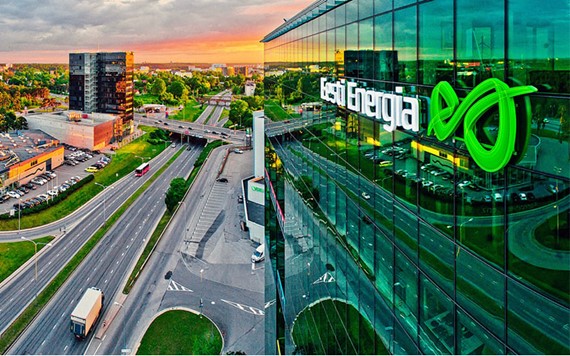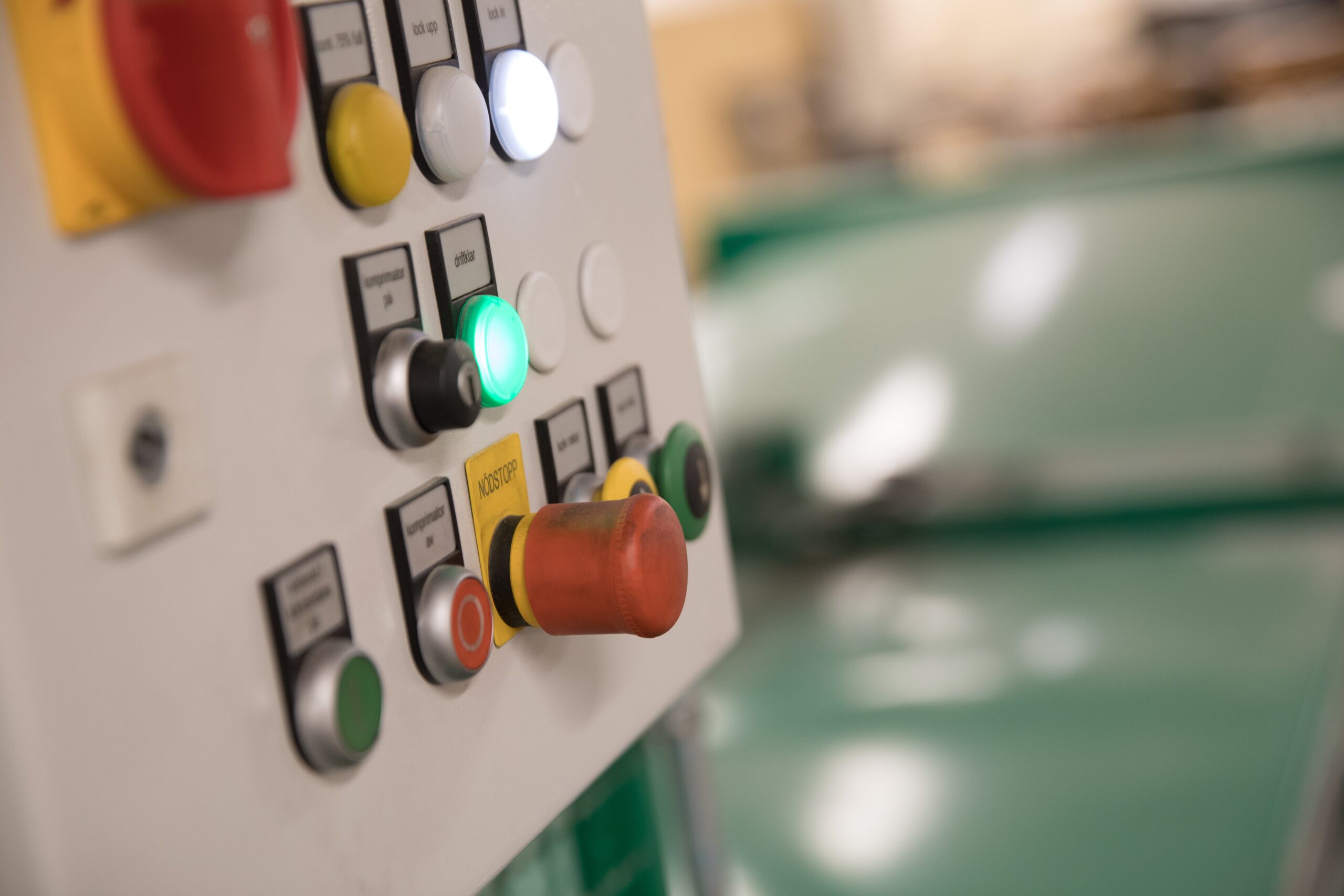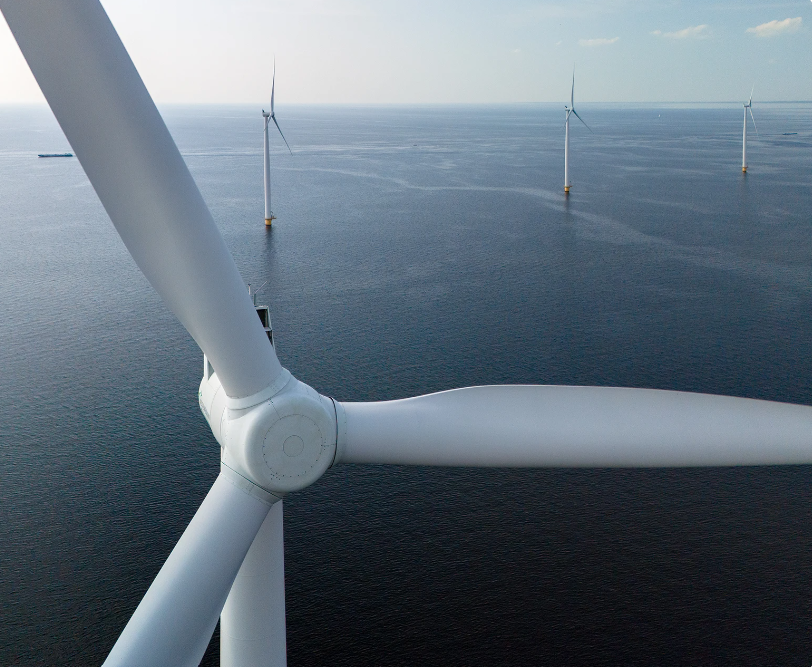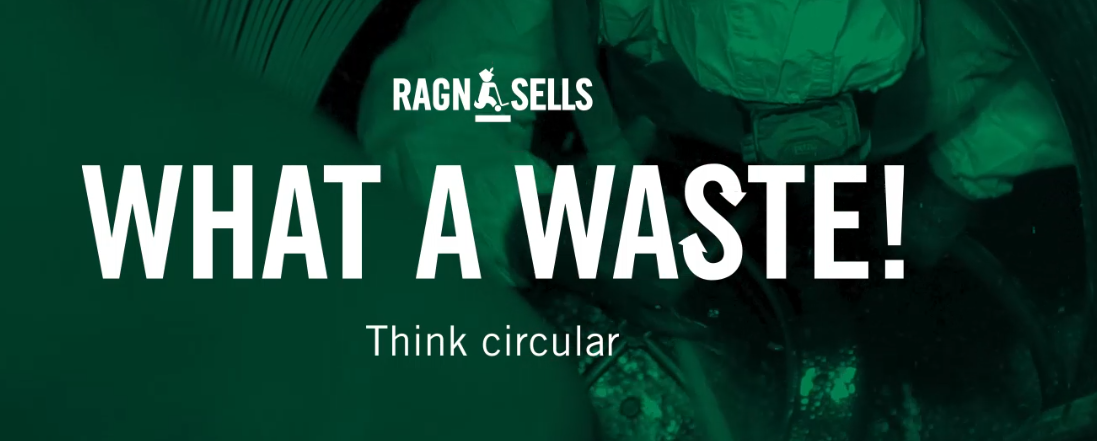Eesti Energia is an international energy company operating in the Baltic States, Finland, and Poland. The subsidiaries of the Eesti Energia Group offer energy services to customers, produce energy, and liquid fuel based on oil shale using the unique Enefit pyrolysis technology in the world.
The goal of Eesti Energia is to reach a circular economy-based chemical industry by 2045. On this path, the production of liquid fuels will gradually be replaced with the production of compounds necessary for plastics and other industries. In addition to oil shale, plastic waste and used tires will also be utilized as raw materials. In energy production, energy based on oil shale will gradually be replaced with renewable energy.
The transition from the production of liquid fuels to chemical products is one of the pillars of Estonian Energy’s long-term strategy. To achieve this goal, the company continuously conducts research and development activities with both local and international universities and companies. One such activity was the applied research aimed at developing a process design package that would enable the production of raw materials for the chemical industry from the light fraction of pyrolysis oil.
The project directly supports Eesti Energia’s goal to evolve from a producer of liquid fuels to a producer of raw materials for the chemical industry based on the principles of circular economy. This means that the output is no longer used for purposes like motor fuels, which emit carbon dioxide when burned, but is further processed into raw materials for the chemical industry, where the carbon contained in it remains in the product and allows for the creation of a closed loop. In the Enefit chemical industry complex, the intermediate product is processed into plastic raw material, from which plastic and finally the finished product is made. When the product (e.g., packaging film) reaches the end of its life cycle, it can be fed back into the Enefit pyrolysis plants as raw material, and the cycle starts again.
For the implementation of the above-described applied research project, Eesti Energia sought support from an applied research program aimed at supporting the development of innovative products and enabling companies to increase their revenue by developing new or significantly modified technologies, processes, products, or services. This is a somewhat unique support measure in Estonia, as the subsidy percentage can be up to 80% of eligible costs.
Haap Consulting supported Eesti Energia in preparing the project plan, application, and its annexes. Our collaboration was successful, and a grant of 880,000 euros was obtained from the EAS and Kredex Joint Institution for the implementation of the applied research.
The ongoing project will identify a solution for upgrading the light fraction of pyrolysis oil, taking into account the specific parameters of Estonian raw materials and technology, and enabling the production of chemical industry raw materials that meet international quality standards.
If you are interested in applied research or other Estonian and EU support measures, please write to karl@haap.ee




